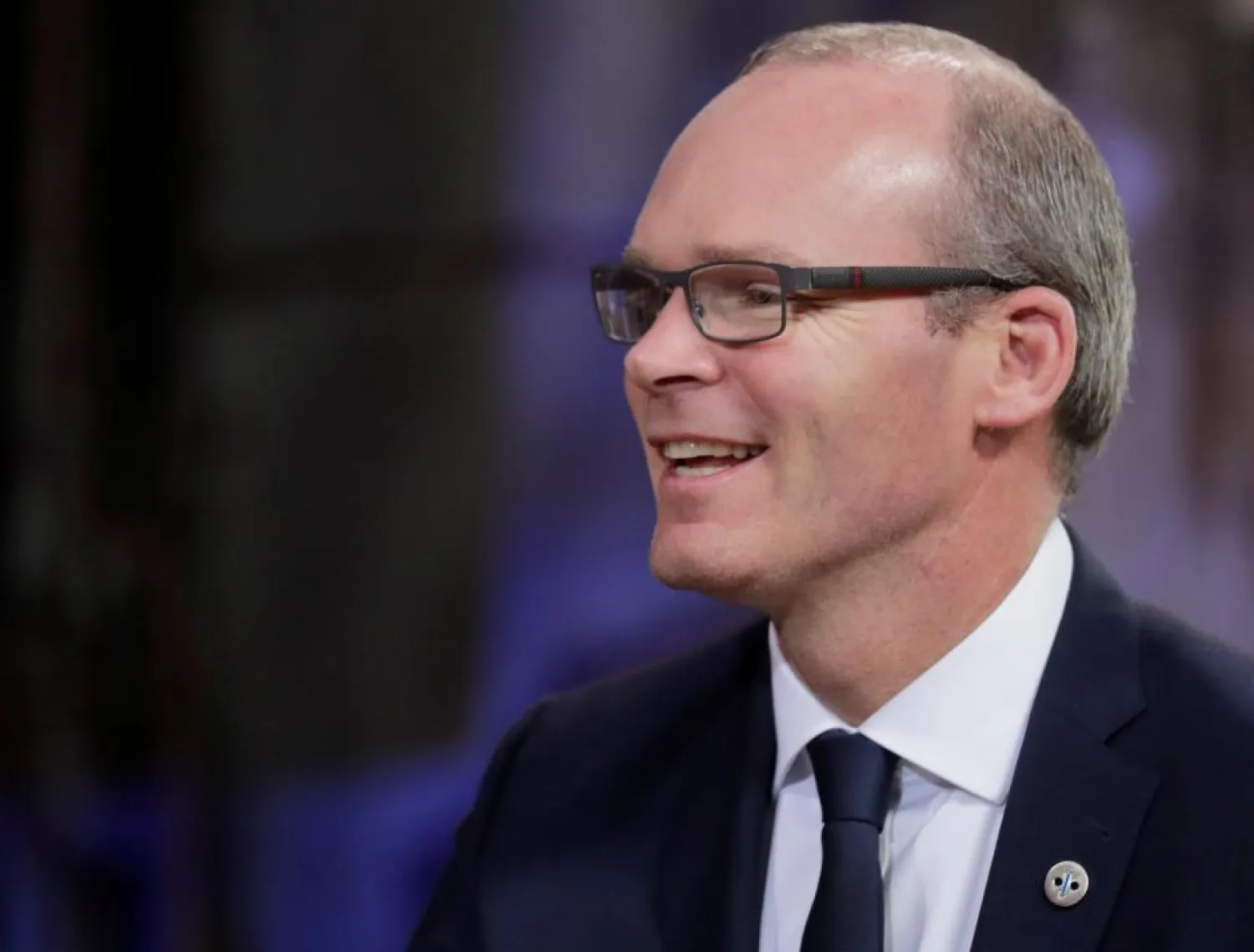Ireland called on the European Union to play a greater role in US-led efforts to revive the Palestinian-Israeli peace process.
Speaking to EU foreign ministers at a meeting on Middle East policy in Tallinn, Ireland’s Foreign Minister Simon Coveney said that the union has a task to get its voice heard in any new American initiative as the Palestinians’ biggest aid donor and Israel’s top trade partner..
Israelis and Palestinians will face more unrest over the next year without a revival of a long-fractured Middle East peace process that the EU must be part of, he added.
Coveney, who met Israeli and Palestinian leaders less than a month after taking up his post in June, is leading the charge to involve the EU in a fresh attempt at peace talks and overcome divisions that have weakened the bloc’s influence.
“My concern is that it will be a much more difficult political challenge in a year’s time or in two years’ time,” Coveney told Reuters.
“If you look at cycles of violence in Gaza, for example, without intervention and new initiatives in my view, we are heading there again,” he stated, describing the Israel-Palestinian situation as an “open sore” that could erupt at any time.
Coveney has also met Jason Greenblatt, US President Donald Trump’s Middle East envoy, and said it was crucial that the EU sought to influence US plans that are being drawn up by Greenblatt and Trump’s son-in-law and senior adviser, Jared Kushner.
Coveney stressed that EU governments had to pull together and keep the focus on a two-state solution.
“Now is the time for the European Union ... to become more vocal,” said Coveney, who met Israeli Prime Minister Benjamin Netanyahu and Palestinian President Mahmoud Abbas in July.
Coveney explained that the European Union had a right to be heard because EU governments and the European Commission spend 600 million euros ($724 million) a year on aid to the Palestinians and on projects with Israel.
“We cannot simply wait for the US to take an initiative on their own, we should be supportive of them and helping them to shape it and design it in a way that is likely to have international community support,” he said, although he added he still did not know what the US proposals would look like.
“In the absence of the US being able to bring forward a new initiative, I think the EU will have to do that itself.”
Hurdles for the European Union include its range of positions, ranging from Germany’s strong support for Israel to Sweden’s 2014 decision to officially recognize the state of Palestine, something Ireland considered three years ago.
Coveney said the European Union is also perceived by some in Israel as being too pro-Palestinian, partly because of the EU’s long-held opposition to Israeli settlements.
But Coveney noted that the European Union could build trust with Israel by deepening ties in trade, science, scholarships for students and to pursue what he called “a positive agenda”.
The EU aims to hold a high-level meeting with Israel to broaden trade and other economic links later this year, although a date is still pending. It would be the first such meeting since 2012.









